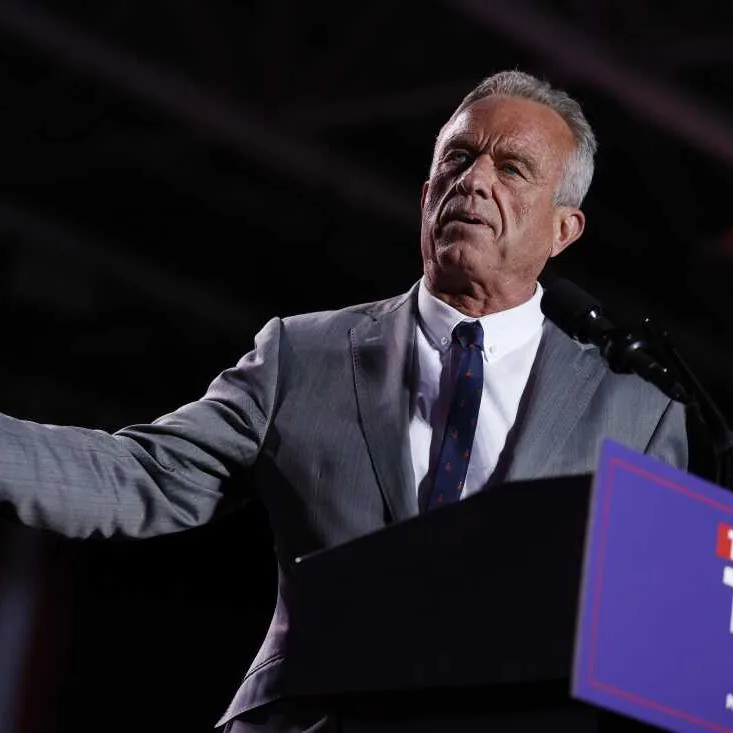In recent months, Robert F. Kennedy Jr., the son of the late Senator Robert F. Kennedy, has positioned himself as a vocal critic of antidepressants, asserting that these medications present a significant danger to Americans. His statements coincide with a worrying trend of school shootings across the United States, prompting a fresh debate about mental health and societal safety. Kennedy claims that antidepressants are a driving force behind these violent acts, declaring, ‘If those kids are on those medications, I really think they need to have their heads examined.’ The discourse has sparked intense discussions about the impact of prescription drugs and their potential links to violence. Additionally, Kennedy controversially stated that quitting antidepressants is ‘harder than heroin,’ which has raised eyebrows in the mental health community. Opponents of Kennedy’s views argue that there is a lack of scientific evidence to support his claims, emphasizing the importance of antidepressants in treating severe mental health disorders. As this narrative unfolds, mental health advocates are urging for a nuanced approach to the conversation, focusing on the complexities of mental health treatment rather than assigning blame solely to medications. This controversy highlights a deeper issue within American society regarding mental health, gun violence, and the role of pharmaceuticals in public health.
Robert F. Kennedy Jr. Targets Antidepressants Amid Ongoing School Shootings Debate













